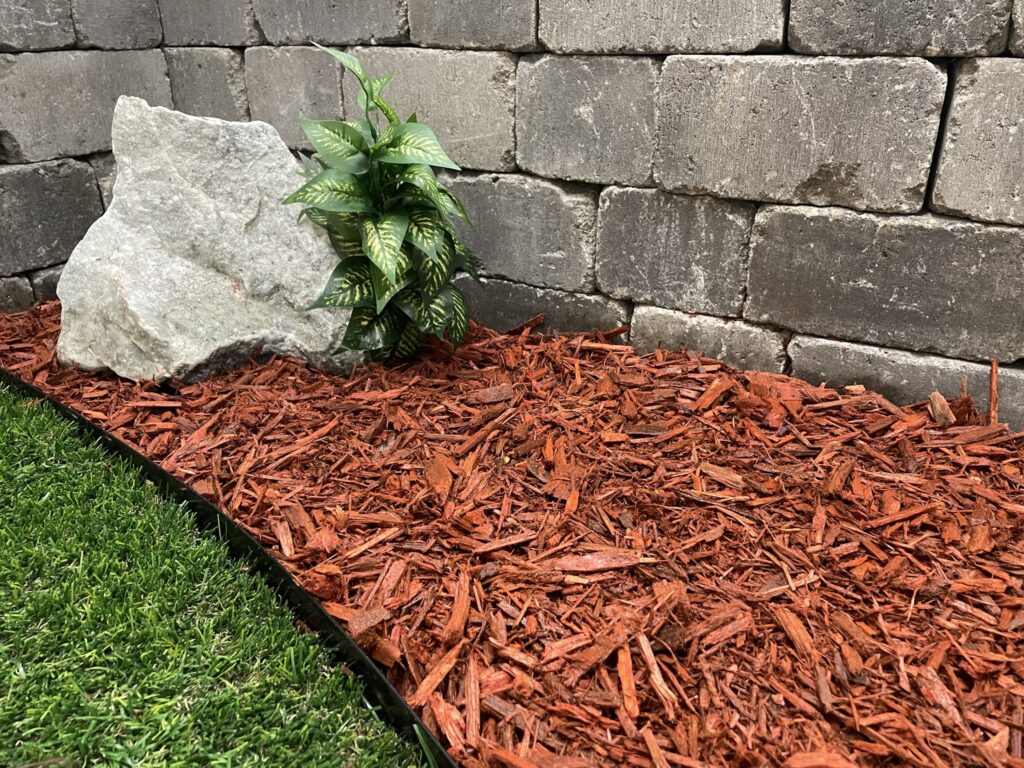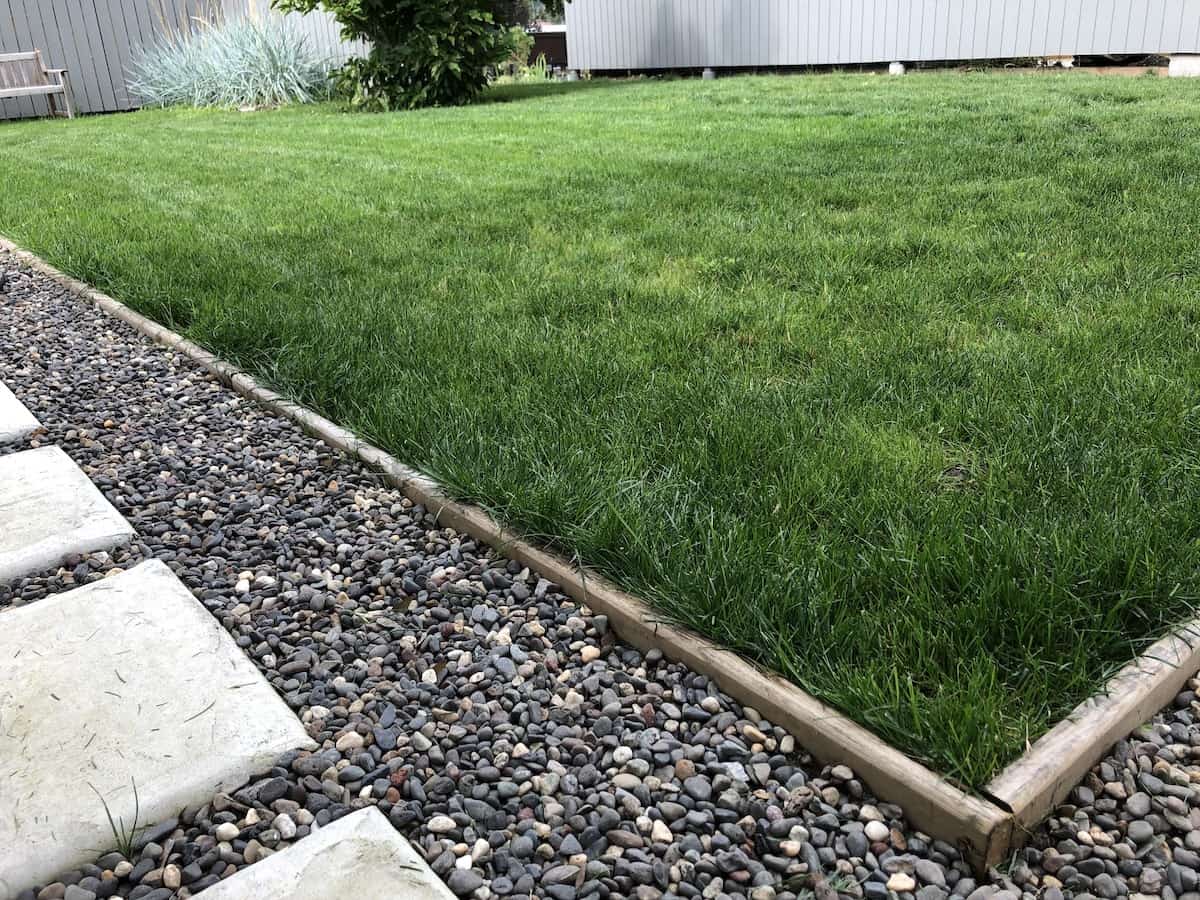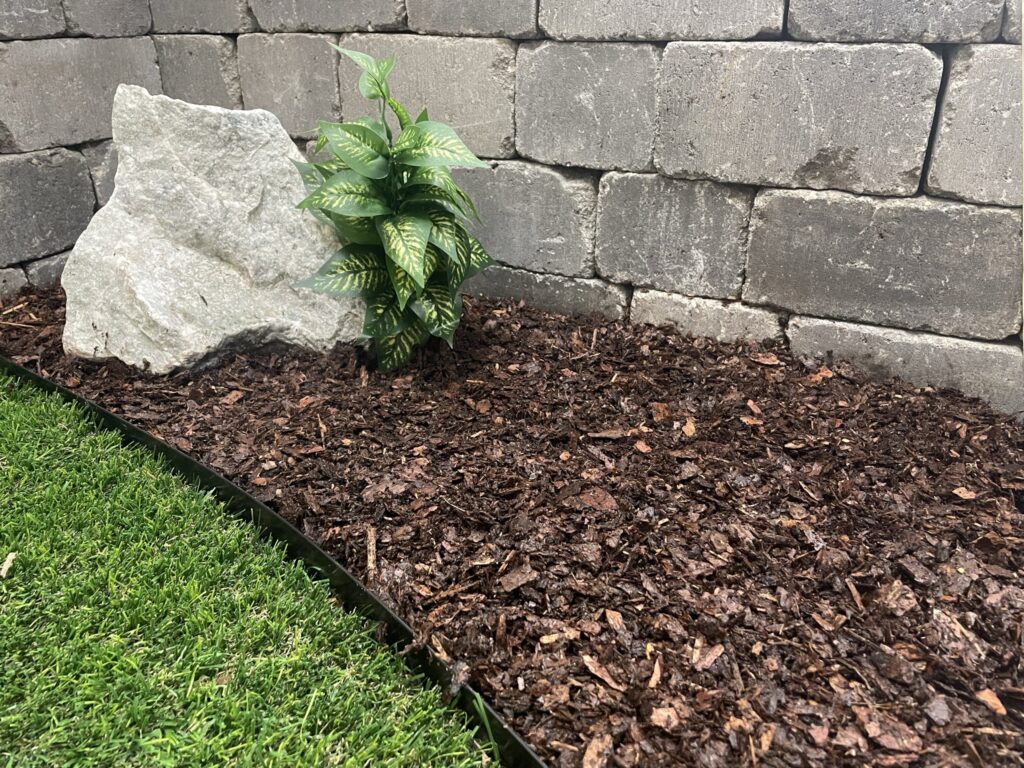The Ultimate Guide To Choosing The Best Mulch For Your Landscaping
The Ultimate Guide to Choosing the Best Mulch for Your Landscaping
Mulch is a layer of organic or inorganic material that is applied to the soil around plants. It serves a variety of purposes, including:
- Retaining moisture: Mulch helps to keep the soil moist by preventing evaporation. This is especially important in hot, dry climates.
- Suppressing weeds: Mulch creates a barrier that makes it difficult for weeds to germinate and grow.
- Improving soil structure: Mulch helps to improve the drainage and aeration of the soil, which can make it healthier for plants to grow in.
- Protecting plants from the elements: Mulch can help to protect plants from extreme temperatures, wind, and rain.
- Adding nutrients: Some types of mulch, such as compost, can add nutrients to the soil as they break down.
When choosing mulch for your landscaping, there are a few factors you need to consider, including:
- The type of plants you are growing: Some types of mulch are better suited for certain types of plants than others. For example, pine bark mulch is a good choice for acid-loving plants, such as rhododendrons and azaleas.
- The climate in your area: If you live in a hot, dry climate, you will need to choose a mulch that will help to retain moisture. If you live in a cold climate, you will need to choose a mulch that will help to protect plants from the cold.
- The amount of time you have to maintain your landscaping: Some types of mulch, such as wood chips, need to be replenished more often than others. If you do not have a lot of time to maintain your landscaping, you may want to choose a mulch that is low-maintenance.
Here are some of the most common types of mulch:
- Wood chips: Wood chips are a popular choice for mulch because they are relatively inexpensive and easy to find. They come in a variety of colors, so you can choose one that will complement your landscaping. Wood chips are also a good choice for suppressing weeds.
- Pine bark mulch: Pine bark mulch is another popular choice for mulch. It is a good choice for acid-loving plants and it helps to retain moisture. Pine bark mulch can be a bit more expensive than wood chips, but it is also more durable.
- Compost: Compost is a great choice for mulch because it is organic and it adds nutrients to the soil as it breaks down. Compost can be a bit more expensive than other types of mulch, but it is a good investment in the long run.
- Stones: Stones are a good choice for mulch if you are looking for a low-maintenance option. They do not need to be replenished as often as other types of mulch and they are not as susceptible to wind and rain damage. However, stones can be more expensive than other types of mulch and they can make it difficult to plant new plants.
- Plastic mulch: Plastic mulch is a type of inorganic mulch that is made from recycled plastic. It is a good choice for suppressing weeds and it can also help to retain moisture. However, plastic mulch can be unsightly and it can trap heat, which can damage plants in hot climates.
No matter what type of mulch you choose, be sure to apply it correctly. The mulch should be spread evenly around the plants, with a depth of 2-4 inches. You should also keep the mulch away from the base of the plants, to prevent it from rotting the stems.
Mulching is a simple and effective way to improve the health and appearance of your landscaping. By following these tips, you can choose the best mulch for your needs and apply it correctly.
Are you looking for the best mulch for your landscaping project? There are many different types of mulch available, each with its own benefits and drawbacks. To help you choose the right mulch for your needs, I recommend visiting Garden Wiki. This website provides comprehensive information on all types of mulch, including organic and inorganic mulches, colored mulches, and cedar mulches. You can also find tips on how to apply mulch properly and how to maintain it over time.
Garden Wiki is a trusted resource for landscaping information. The website is written by experienced landscapers and gardeners, and the information is regularly updated. You can be confident that you are getting accurate and up-to-date information when you visit Garden Wiki.
In addition to providing information on mulch, Garden Wiki also offers a variety of other landscaping resources, such as plant guides, lawn care tips, and garden design ideas. Whether you are a beginner or an experienced gardener, you can find helpful information on Garden Wiki.
FAQ of best mulch for landscaping
1. What is the best mulch for landscaping?
The best mulch for landscaping depends on a variety of factors, including the climate, the type of plants you have, and your personal preferences. Some of the most popular mulches for landscaping include:
- Wood chips: Wood chips are a versatile mulch that can be used in a variety of settings. They are relatively inexpensive and easy to find. Wood chips can help to conserve water, suppress weeds, and improve the drainage of soil.

- Pea gravel: Pea gravel is a decorative mulch that can be used to add interest to your landscape. It is also effective at suppressing weeds and improving drainage. Pea gravel is more expensive than wood chips, but it is also more durable.

- Coir: Coir is a natural fiber that is made from coconut husks. It is a sustainable and environmentally friendly mulch that can help to improve the drainage and aeration of soil. Coir is also relatively inexpensive.

- Rock mulch: Rock mulch is a durable and long-lasting mulch that can add a touch of elegance to your landscape. It is also effective at suppressing weeds. Rock mulch can be more expensive than other types of mulch, but it is a good choice for areas that are prone to erosion or foot traffic.

- Compost: Compost is a nutrient-rich mulch that can help to improve the health of your plants. It is also effective at suppressing weeds and conserving water. Compost is not as visually appealing as some other types of mulch, but it is a good choice for areas where you want to improve the quality of the soil.

2. How much mulch should I use?
The amount of mulch you need will depend on the size of the area you are mulching. In general, you should spread a layer of mulch that is 2-4 inches thick. If you are using a decorative mulch, such as pea gravel, you may want to use a thinner layer.
3. How often should I reapply mulch?
You should reapply mulch every year or two, or as needed. Mulch can break down over time, so it is important to add more mulch to keep the layer at least 2-4 inches thick.
4. How do I prevent mulch from blowing away?
If you live in an area with windy conditions, you may need to take steps to prevent mulch from blowing away. One way to do this is to use a heavy-duty mulch, such as rock mulch. You can also anchor the mulch in place with landscape fabric or edging.
5. How do I prevent mulch from attracting pests?
Some types of mulch, such as wood chips, can attract pests, such as slugs and snails. If you are concerned about pests, you may want to use a different type of mulch, such as pea gravel or rock mulch. You can also add a layer of compost to the mulch, which can help to deter pests.
Image of best mulch for landscaping
5 different images of "best mulch for landscaping" from Pinterest:
- Shredded bark mulch: This is a popular choice for landscaping because it is affordable, easy to find, and comes in a variety of colors. It is also good at suppressing weeds and retaining moisture.

- Wood chips: Wood chips are another affordable and versatile mulch option. They are a good choice for areas with heavy foot traffic, as they are more resistant to compaction than other types of mulch.
- Pine needles: Pine needles are a natural and attractive mulch option that is good for suppressing weeds and improving drainage. They are also acidic, which can be beneficial for plants that prefer acidic soil.

- Rock mulch: Rock mulch is a low-maintenance option that can add a touch of elegance to your landscape. It is important to choose rocks that are the right size for your space and that will not shift or move easily.

- Gravel mulch: Gravel mulch is another low-maintenance option that can add a modern or rustic touch to your landscape. It is important to choose gravel that is the right size for your space and that will not shift or move easily.

Post a Comment for "The Ultimate Guide To Choosing The Best Mulch For Your Landscaping"